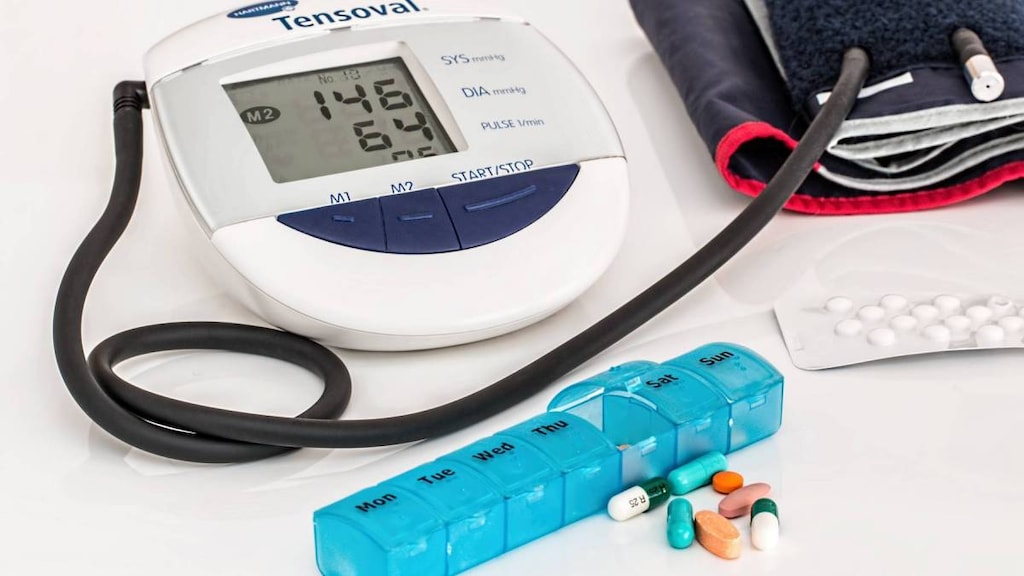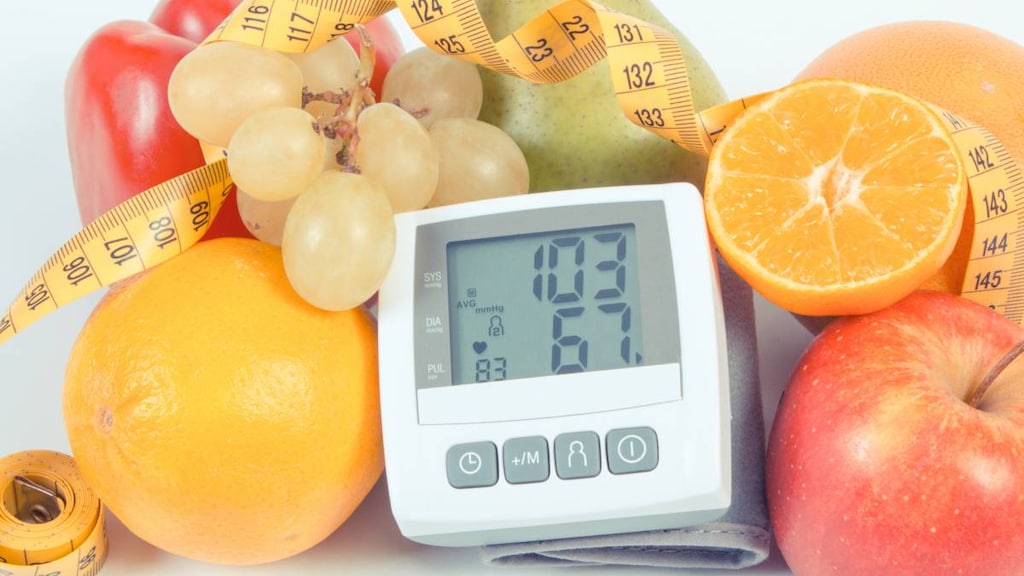
What is high blood pressure?
High blood pressure is a term that is used to acknowledge that a person’s blood pressure is above what is considered normal. High blood pressure is also called hypertension.
Measuring a person's blood pressure gives a healthcare professional an indication of how effectively that person's heart is working to pump blood around their body. If their heart and blood vessels are working efficiently, then their blood pressure will be normal or slightly below normal. If their heart is having to work very hard to pump blood around their body, then their blood pressure will be high.
Blood pressure is composed of two measurements.
- The first recording is called the systolic pressure and it measures the force the heart must pump against to get blood to flow around the body. It can indicate how flexible or stiff the blood vessels are. During this measurement, the blood pressure cuff inflates to a certain extent and records what pressure around the arm stops blood flow.
- The second recording is called diastolic pressure. This measures the resting pressure when the heart relaxes between heartbeats. It is recorded while the blood pressure cuff is deflating.
Most experts consider a normal blood pressure to be 120/80 mm Hg. Ideally, everybody’s blood pressure should be below 130/80 mm Hg. If the first number is above 130 or the second number is above 80 then a person is said to have high blood pressure.
What are the symptoms of high blood pressure?
Most people experience no symptoms when their blood pressure is high. Sometimes people may develop a headache or feel unwell; however, most do not connect these vague symptoms as having to do with their heart.
If high blood pressure is left untreated, it can damage blood vessels and increase a person’s risk of having a stroke or a heart attack. It also causes the heart to enlarge and weaken because it essentially wears itself out from having to work so hard to push blood around the body. People with high blood pressure are also more likely to develop high cholesterol, kidney and eye problems, and have poor circulation in the legs and feet.
How is high blood pressure diagnosed?
It is not uncommon for a person's blood pressure to go high occasionally; however, persistently high blood pressure is a concern. For this reason, if a doctor or nurse takes your blood pressure and it is high but you don’t have any risk factors or symptoms, then at least two other separate measurements should be taken before you are diagnosed with high blood pressure.
Before getting your blood pressure taken you should avoid the following for at least an hour before the measurement:
- Strenuous exercise
- Smoking
- Caffeine
- Eating
- Stressful situations.
Sit down for at least five minutes before the reading is taken and don’t talk while it is being measured.
Other tests may be ordered if your doctor concludes you have high blood pressure. These may include blood tests, an electrocardiogram, and sometimes a chest x-ray.
How is high blood pressure treated?
Treatment depends on how high your blood pressure is. For people whose systolic reading falls in the range 120 to 129 and the diastolic reading is equal to or less than 80, lifestyle changes are usually recommended over medications.
These may include:
- Losing weight if you are overweight
- Eating a diet rich in fruits and vegetables
- Eating less salt
- Eating less saturated fats
- Increased physical activity
- More physical activity
- Limiting alcohol.
For people with a systolic reading greater than 130 or a diastolic reading greater than 80, treatment may be considered. Sometimes more than one medication is prescribed.
Medications for high blood pressure include:
- Diuretics
- Beta-blockers
- ACE inhibitors
- Angiotensin-receptor blockers
- Calcium channel blockers
- Alpha-blockers.




